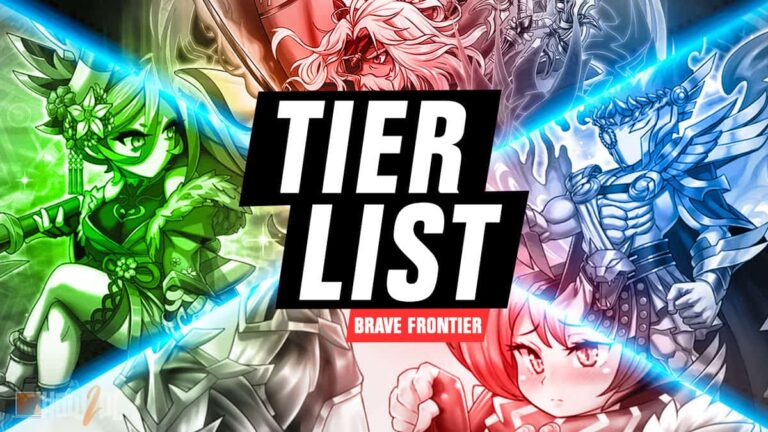The world of online gaming has witnessed a remarkable surge in popularity over the past few years, captivating millions of individuals worldwide with its blend of entertainment and social interaction. Nevertheless, this surge has also brought about a spike in security risks which makes it crucial to understand these risks and adopt the essential measures to safeguard your online gaming experience.
Learning Game Rules
If you are new to online gaming, it is firstly important to familiarize yourself with the rules of the games you are playing – this is especially true for games involving real money, like poker, blackjack, and other casino games. By learning the game rules and having a better understanding of the game, you would be less susceptible to being cheated on or falling victim to fraudulent practices online.
Many online casinos provide game guides that explain the rules and strategies of various games. There are also sites like tightpoker.com that offer everything you need to level up your game, as well as list a few of the most reputable real money poker sites in the US.
Take the time to thoroughly read these guides and grasp the game mechanics before placing any bets. This will not only enhance your gaming experience but also enable you to make well-informed decisions while playing.
Furthermore, it is essential to establish limits for yourself when engaging in iGaming. This includes setting a budget for the amount of money you are willing to spend and a time limit for how long you will play. Adhering to these limits will ensure that gaming remains a pleasurable and enjoyable activity.
Understanding the Risks of Online Gaming
When delving into the world of online gaming, it’s crucial to be aware of the various risks that lurk in the shadows. One of the most prevalent dangers is the looming threat of malware and viruses. Crafty hackers often set their sights on gaming platforms, seeking to exploit vulnerabilities and gain access to personal information or infect devices with malicious software.
Another peril to watch out for is the potential for cyberbullying and harassment. Unfortunately, some online gaming communities can be breeding grounds for toxic behavior, with players engaging in abusive conduct or attempting to deceive others. It’s of utmost importance to remain vigilant and promptly report any instances of harassment to the platform administrators.
You mustn’t overlook the risk of falling victim to phishing scams either. Cybercriminals are known to create counterfeit gaming websites or send deceptive emails, masquerading as legitimate gaming platforms. These cunning scams aim to deceive unsuspecting players into divulging their personal information or login credentials. Stay alert and be cautious of any suspicious requests or communications.
Choosing a Secure Gaming Platform
When it comes to choosing a gaming platform, prioritizing security is absolutely essential. Here are a few key factors to keep in mind:
- Reputation: Take the time to research the platform’s reputation and read reviews from other users. Look for platforms that have a proven track record of prioritizing security and safeguarding their users.
- Encryption: Make sure that the gaming platform utilizes encryption technology to protect your personal information. Encryption scrambles your data, thus making it impossible for unauthorized individuals to read.
- Two-Factor Authentication: Opt for platforms that offer two-factor authentication. This adds an extra layer of security by requiring a second form of verification, such as a code sent to your mobile device – in addition to your password.
- Privacy Settings: Check if the platform provides robust privacy settings that allow you to control who can interact with you and access your personal information. It’s important to have control over your online presence.
- Secure Payment Options: If the gaming platform involves financial transactions, ensure that it offers secure payment options. Look for platforms that use reputable payment processors and have secure payment gateways.
By considering these factors and selecting a secure gaming platform, you can significantly minimize the risks associated with online gaming.
Protecting Personal Information in Online Gaming
When gaming online, it is essential to be cautious about the personal information you share. Avoid sharing sensitive information such as your full name, address, or financial details in public chat rooms or with other players. You should also remain vigilant and skeptical of anyone who requests personal information because their intentions may be malicious.
Furthermore, exercise caution when downloading and installing third-party software or mods for games. These can potentially contain harmful malware or spyware that can compromise your security. Stick to official platforms and trusted sources for all your downloads.
Regularly updating your gaming platform and device software is also vital for maintaining security. Developers frequently release updates that address security vulnerabilities, so it is crucial to promptly install these updates as soon as they are made available.








